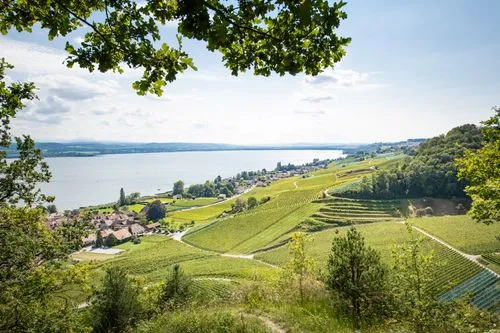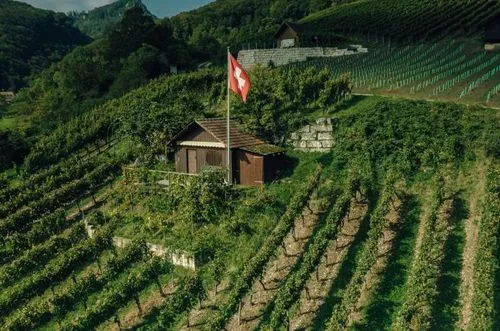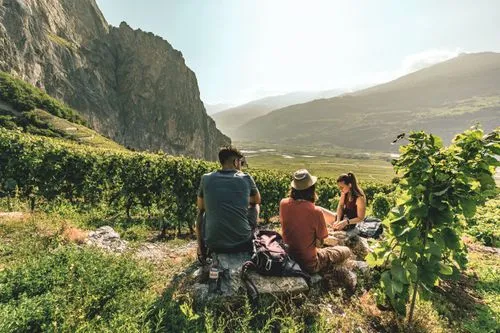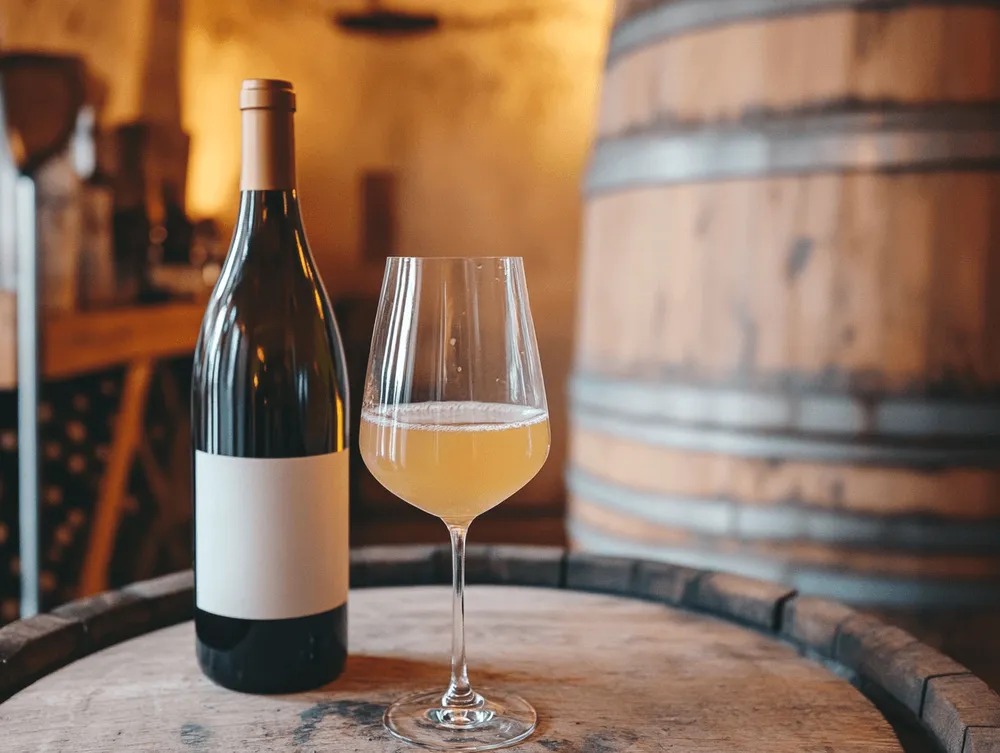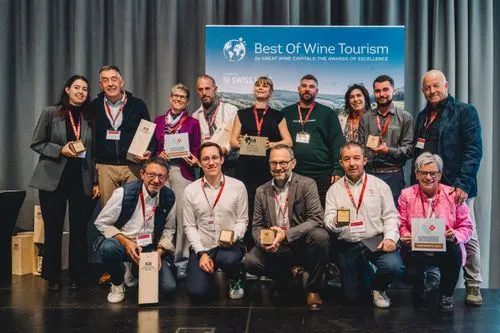Natural wine: between artisanal quality and wild flavours
Natural wine is on everyone's lips – and not just figuratively speaking. What was once considered a niche phenomenon has developed into a popular movement in recent years, inspiring wine bars, sommeliers and curious connoisseurs alike. But what exactly is natural wine? And why is it so polarising?
What is natural wine?
Natural wine stands for a minimalist approach: as little intervention as possible, from the vineyard to the glass. The vineyards are cultivated organically or biodynamically, without the use of synthetic pesticides. In the cellar, there is no fining, filtering or correction. Fermentation is spontaneous, and additives – if used at all – are kept to a minimum, often only in the form of small amounts of sulphur.
The aim? A wine that authentically reflects the character of the grape, terroir and vintage. Important to know: ‘natural wine’ is not a protected term. There is no uniform definition, which leads to discussions among purists.
Taste experiences beyond the familiar
Natural wines offer a wide range of aromas – from wild and funky to surprisingly fresh. Whether orange wine with a tannin structure, sparkling Pet-Nats or deep red wines with animal notes: anything is possible. But not every natural wine is harmonious. Unclean work in the cellar can lead to off-flavours, ranging from mousey to vinegary.
Reservations and expectations
Some wine lovers find natural wine difficult to appreciate. Criticisms such as ‘too unclear’, ‘too much fermentation, too little structure’ or poor ageing potential are common. But these reservations often stem from false expectations. Those looking for a classic, clear Chardonnay may be disappointed by a cloudy, spontaneously fermented natural wine. However, those who embrace the adventure will discover new worlds of taste.
The Swiss Natural Wine Association – quality and transparency
Since 2020, the Swiss Natural Wine Association has been campaigning for clear standards and transparency. It connects producers with consumers and sees natural wine as a holistic approach: ecological, artisanal and honest – from the vine to the bottle.
Natural wine in Switzerland – regional and diverse
Natural wine is also experiencing an upswing in Switzerland. In Geneva and Vaud, young winemakers are experimenting with unfiltered cuvées. In Valais, mineral natural wines are being produced from old grape varieties such as Humagne and Cornalin. The Three Lakes region delights with orange wines made from Chasselas, and in German-speaking Switzerland, Pinot Noir is proving that it too can be wild. Even in Ticino, natural wine gems with Italian temperament are emerging.
The scene is small but growing. Natural wine has conquered its place on wine lists, in specialist shops and at events.
The future of natural wine
Will natural wine become mainstream? Probably not. But it will remain a countertrend to industrialised wine – and it will grow. Demand is increasing, especially among an urban, environmentally conscious audience. At the same time, the scene is becoming more professional and the quality more consistent.
In short, natural wine is here to stay – as an authentic, versatile and honest reflection of our times. Not always easy, but always exciting.
* The image was generated using Midjourney.
Related events
Related Articles
All the news about Swiss wines and exclusive reports.
To visit our site, you must be of legal drinking age in your country of residence.
